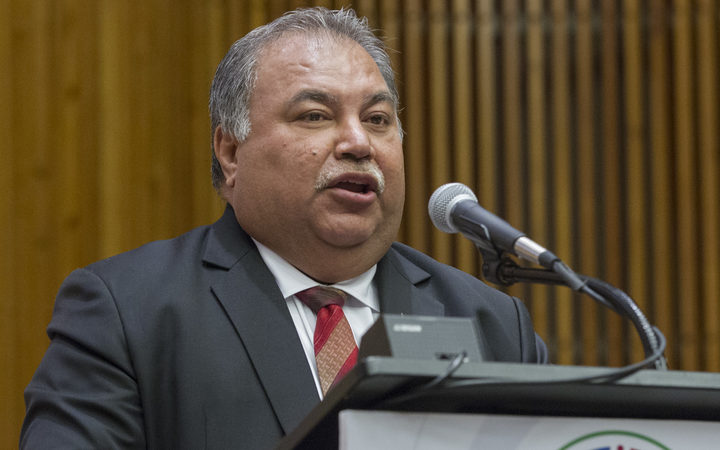The best indicator of Pacific economic performance is not found on a graph or a chart but in the lives of its people, said Pacific Islands Forum Secretary General Baron Waqa.
In his address at the 2025 Pacific Update at the USP on Tuesday this week, Mr Waqa said the best indicator was in how easily they moved, how well they connected, and how confidently they planned for the future.
He advised Forum leaders to broaden how they defined progress.
“GDP growth is important. But it cannot tell us if a coastal community is resilient to disaster, or if our youth are gaining real opportunities to thrive,” Mr Waqa said.
He cited the 2050 Strategy for the Blue Pacific Continent, which he said offered a more complete vision.
“It helps us look beyond fiscal measures and consider peace and security, environmental health, digital inclusion, cultural identity, and people-centred development.
“In this context, the recent UN General Assembly endorsement of the Multidimensional Vulnerability Index (MVI) is a significant milestone.
“It ensures that global development tools are finally being tailored to the realities of countries like ours.
“For the Blue Pacific, the MVI represents a vital step toward ensuring that our structural vulnerabilities are fully recognised and addressed in a comprehensive and equitable manner.
“It acknowledges our region’s acute exposure to climate change and natural disasters, as well as the enduring challenges of geographic isolation, including high transport costs and limited access to global markets.”
Mr Waqa said this was the kind of metric that mattered.
He said this was the kind of index that must now inform how partnerships were shaped, how financing was allocated, and how the Pacific was supported to succeed on its own terms.
He added to deliver on those goals, Pacific island nations needed a regional system that worked better.
“Through the ongoing Review of the Regional Architecture, we are taking a hard look at how we organise ourselves – how we reduce duplication, improve coherence, and strengthen delivery.
“We must move from fragmentation to functionality. From competition to complementarity. From inwardness to integration.
“Let us not allow nationalism to dim the power of Pacific regionalism. In an age of converging challenges, unity is not a choice. It is our only competitive advantage.”
Note: This article was first published on the print version of the Fiji Times dated June 7, 2025



